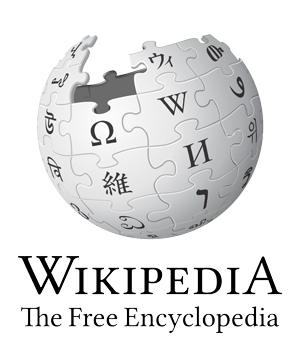Evolution
DOKU-Serie: „Auf den Spuren der Evolution – Wale Vom Landtier zum Meeresräuber“
(NATIONAL GEOGRAPHIC CHANNEL | 2010)
Inhalt
Vor 50 Millionen Jahren begann die Entwicklung eines kleinen Landsäuger, in einem millionen jahrelangen Prozess, zum gewaltigen Meeresriesen.
Vom Pakicetus über den Ambulocetus und Basilosaurus bis zu den heutigen Walen wird deren Entwicklung dargestellt.
Eine Dokumentation in 5 Teilen.
The Evolutionary History of Whales – Cetacean Evolution Part 1 & 2
Inhalt Teil 1
The millions of years that led to the modern-day assemblage of whale, dolphin, and porpoise species encapsulates a truly incredible period of mammalian evolution. In this video, we will be reviewing what is currently known about the evolutionary history of Cetacea, as well as examining the relationships this clade has to other, closely related mammals.
The Evolution of Cetaceans
(Illustrations by Satoshi Kawasaki)
Inhalt
0:00 Phylogenetic tree
0:55 Raoellidae
1:16 Pakicetidae
1:36 Ambulocetidae
2:09 Remingtonocetidae
2:50 Protocetidae
3:51 Basilosauridae
4:42 Odontoceti
5:04 Platanistoidea
6:24 Ziphioidea
6:47 Physeteroidea
7:57 Odobenocetopsidae
8:20 Monodontidae
9:12 Phocoenidae
9:48 Delphinidae
11:44 Mysticeti
13:57 Outro
Evolution: Landgang der Wirbeltiere
(Science Lab Cologne)
Inhalt
00:00 Intro
00:22 Begriff „Wirbeltiere“
00:55 Knochenfische
01:41 Strahlenflosser
02:04 Fleischflosser
03:17 Quastenflosser
03:57 Lungenfische
05:18 Zusammenfassung I
05:41 Entwicklungslinie der Tetrapoden
05:49 Eusthenopteron
06:46 Tiktaalik
08:01 Ichthyostega
10:08 Zusammenfassung II
11:26 Evolutionsbeispiel Landgang
15:51 Outro
Begleitendes Arbeitsblatt: https://uni-koeln.sciebo.de/s/58OZlDYsAHJBsbV
Lösung zum Arbeitsblatt: https://uni-koeln.sciebo.de/s/tW5jfZIPJ0zbzZn



